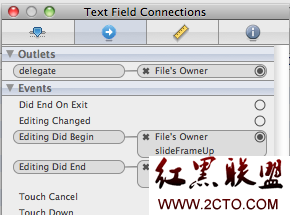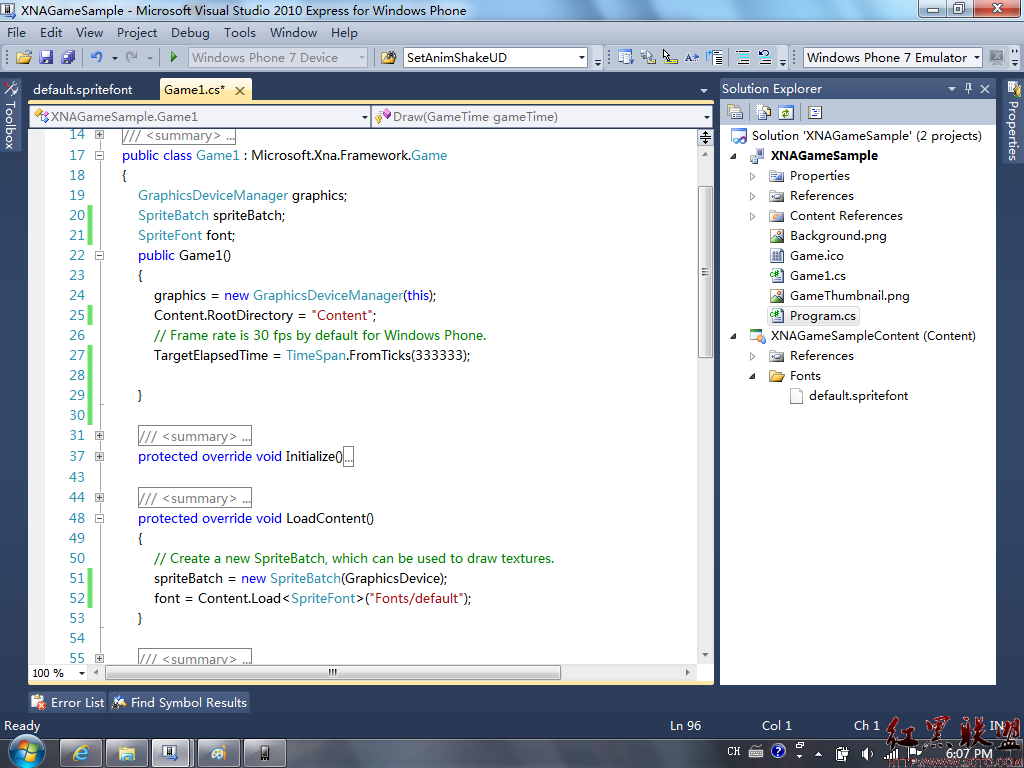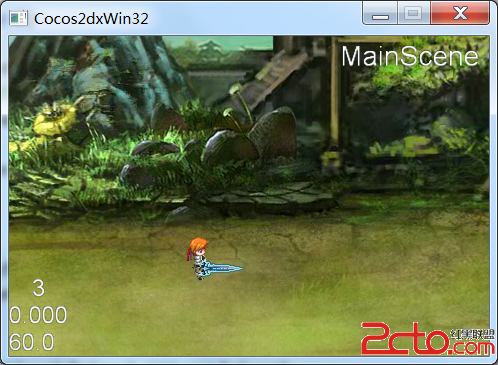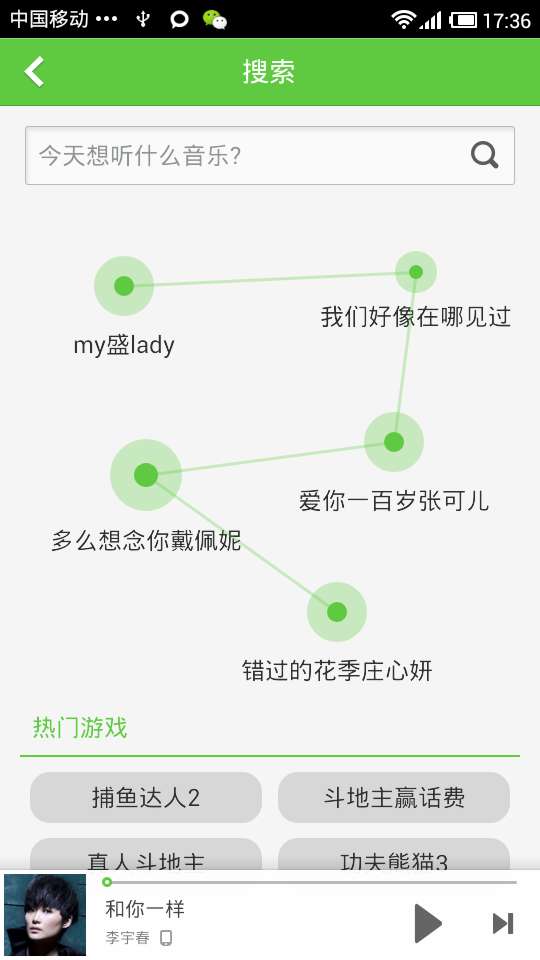先分享下
NSLog(@"model -- %@",[UIDevice currentDevice].model);//判断是iphone或是ipad等
NSLog(@"version -- %@",[UIDevice currentDevice].systemVersion);//系统版本
下面的就是把头文件里的东西搬了出来
- (id)init;
- (id)initWithDelegate:(id)delegate;
/**
* Tells the socket to begin listening and accepting connections on the given port.
* When a connection comes in, the AsyncSocket instance will call the various delegate methods (see above).
* The socket will listen on all available inte易做图ces (e.g. wifi, ethernet, etc)
**/
- (BOOL)acceptOnPort:(UInt16)port error:(NSError **)errPtr;
在指定的端口侦听
/**
* Connects to the given host and port.
* The host may be a domain name (e.g. "deusty.com") or an IP address string (e.g. "192.168.0.2")
**/
- (BOOL)connectToHost:(NSString *)hostname onPort:(UInt16)port error:(NSError **)errPtr;
向指定的host和端口连接,host格式可以是www.baidu.com 或者 192.168.100.100,它的timeout为-1.
/**
* This method is the same as connectToHost:onPort:error: with an additional timeout option.
* To not time out use a negative time interval, or simply use the connectToHost:onPort:error: method.
**/
- (BOOL)connectToHost:(NSString *)hostname
onPort:(UInt16)port
withTimeout:(NSTimeInterval)timeout
error:(NSError **)errPtr;
和connectToHost:onPort:error: 差不多,就是加了个连接时间限制
/**
* Connects to the given address, specified as a sockaddr structure wrapped in a NSData object.
* For example, a NSData object returned from NSNetservice's addresses method.
*
* If you have an existing struct sockaddr you can convert it to a NSData object like so:
* struct sockaddr sa -> NSData *dsa = [NSData dataWithBytes:&remoteAddr length:remoteAddr.sa_len];
* struct sockaddr *sa -> NSData *dsa = [NSData dataWithBytes:remoteAddr length:remoteAddr->sa_len];
**/
- (BOOL)connectToAddress:(NSData *)remoteAddr error:(NSError **)errPtr;
这个把sockaddr封装到data中,sockaddr中有地址和端口,一直没有用过这个
/**
* This method is the same as connectToAddress:error: with an additional timeout option.
* To not time out use a negative time interval, or simply use the connectToAddress:error: method.
**/
- (BOOL)connectToAddress:(NSData *)remoteAddr withTimeout:(NSTimeInterval)timeout error:(NSError **)errPtr;
/**
* Disconnects immediately. Any pending reads or writes are dropped.
* If the socket is not already disconnected, the onSocketDidDisconnect delegate method
* will be called immediately, before this method returns.
*
* Please note the recommended way of releasing an AsyncSocket instance (e.g. in a dealloc method)
* [asyncSocket setDelegate:nil];
* [asyncSocket disconnect];
* [asyncSocket release];
**/
- (void)disconnect;
立即断开连接
/**
* Disconnects after all pending reads have completed.
* After calling this, the read and write methods will do nothing.
* The socket will disconnect even if there are still pending writes.
**/
- (void)disconnectAfterReading;
/**
* Disconnects after all pending writes have completed.
* After calling this, the read and write methods will do nothing.
* The socket will disconnect even if there are still pending reads.
**/
- (void)disconnectAfterWriting;
/**
* Disconnects after all pending reads and writes have completed.
* After calling this, the read and write methods will do nothing.
**/
- (void)disconnectAfterReadingAndWriting;
/**
* Returns the local or remote host and port to which this socket is connected, or nil and 0 if not connected.
* The host will be an IP address.
**/
- (NSString *)connectedHost;
- (UInt16)connectedPort;
- (NSString *)localHost;
- (UInt16)localPort;
/**
* Returns the local or remote address to which this socket is connected,
* specified as a sockaddr structure wrapped in a NSData object.
*
* See also the connectedHost, connectedPort, localHost and localPort methods.
**/
- (NSData *)connectedAddress;
- (NSData *)localAddress;
///////////////////// delegate////////////////////
/**
* In the event of an error, the socket is closed.
* You may call "unreadData" during this call-back to get the last bit of data off the socket.
* When connecting, this delegate method may be called
* before"onSocket:didAcceptNewSocket:" or "onSocket:didConnectToHost:".
**/
- (void)onSocket:(AsyncSocket *)sock willDisconnectWithError:(NSError *)err;
/**
* Called when a socket disconnects with or without error. If you want to release a socket after it disconnects,
* do so here. It is not safe to do that during "onSocket:willDisconnectWithError:".
*
* If you call the disconnect method, and the socket wasn't already disconnected,
* this delegate method will be called before the disconnect method returns.
**/
- (void)onSocketDidDisconnect:(AsyncSocket *)sock;
/**
* Called when a socket accepts a connection. Another socket is spawned to handle it. The new socket will have
* the same delegate and will call "onSocket:didConnectToHost:port:".
**/
- (void)onSocket:(AsyncSocket *)sock didAcce
补充:移动开发 , IOS ,





